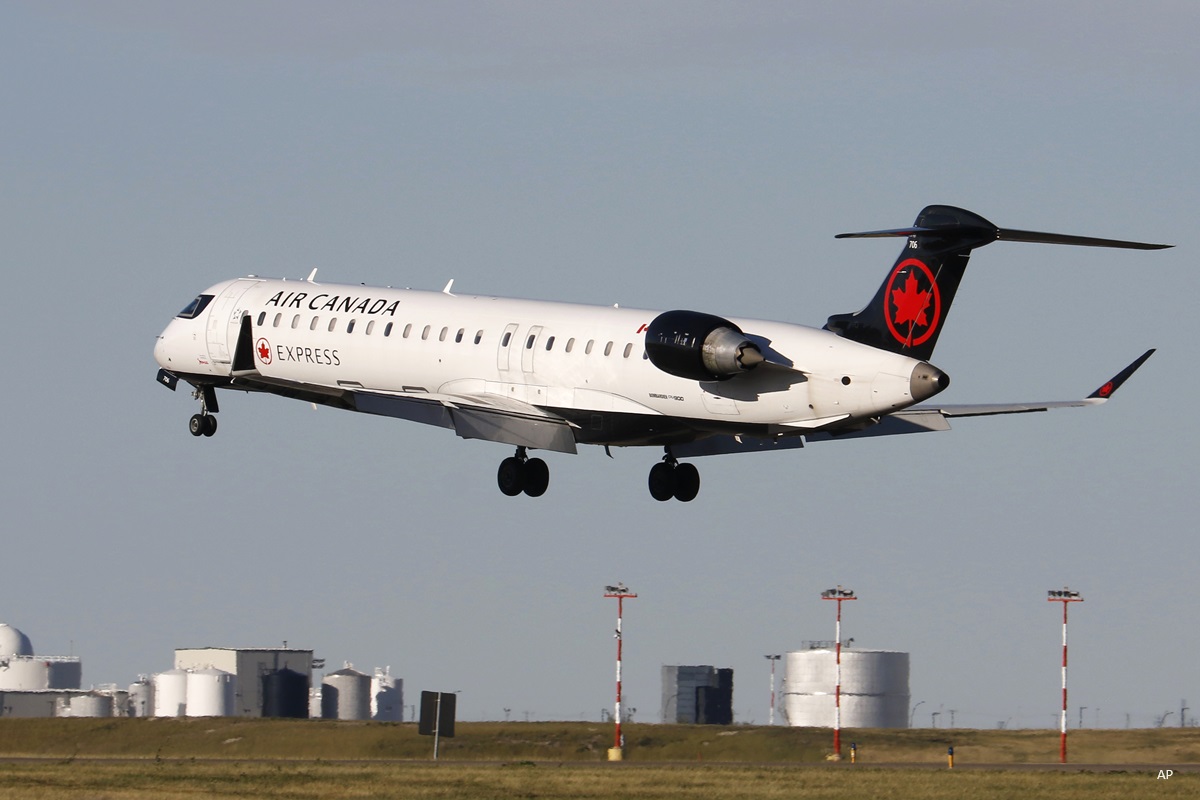
Amid concerted diplomatic pressure from the U.S. and its allies, Israel was successfully persuaded to scale back its retaliatory counterstrike against the Iranian attack on April 13. However, the region remains a volatile flashpoint for ongoing and potential armed conflicts.
The escalation of current wars and the surge in defence budgets have led to increased arms purchases, boosting revenue and profits for weapons systems manufacturers. As such, global military spending reached a record US$2.4 trillion in 2023, marking a 7% increase from the previous year—the steepest year-over-year uptick since 2009.
As leading suppliers in the arms industry, aerospace and defence firms are strategically positioned to capitalize on the growing tensions and outright warfare worldwide. The heightened demand for defence products and technology presents lucrative opportunities for the following companies.
A diversified aerospace and defence heavyweight, RTX supplies to commercial aerospace manufacturers and to the defence market. The company’s three segments include Collins Aerospace, a diversified aerospace supplier; Pratt & Whitney, an aircraft engine manufacturer; and Raytheon, a defence prime contractor providing missiles, missile defence and communication systems to the military.
The company is regarded as a powerhouse in the commercial aerospace and defence contracting industries. Its uniqueness lies in that its revenue is evenly split between commercial and defence segments, while its industry peers are sharply tilted one way or the other.
The firm’s defence segment “provides missiles, missile defence systems, sensors, and secure communications almost exclusively to government agencies,” says a Morningstar equity report.
RTX is well positioned to benefit from the economic outcome of the military’s increased focus on modernizing its capabilities, which could drive material investment in each of these areas, the report adds.
All three of RTX's segments—Collins Aerospace, Pratt & Whitney, and Raytheon—have individually built their own sustainable competitive advantage, or wide moat.
“The aerospace and defence industry is characterized by substantial up-front development costs to create a net present value positive program that usually pays out over decades,” contends Owens, who puts the stock’s fair value at US$112 and forecasts the biggest profit growth at RTX to come from its large commercial businesses Collins and Pratt & Whitney.
Lockheed Martin LMT, the largest defence contractor globally, operates multiple divisions. Its biggest segment, Aeronautics, earns more than two-thirds of its revenue from the F-35 fighter jets. Additionally, the company produces and sells missiles, fire control systems, and space systems for satellites.
Lockheed generated over 70% of its US$66 billion in 2022 sales on the back of contracts from the U.S. Department of Defence, the world’s largest military budget. The arms maker is set to operate the largest defence procurement program ever awarded (F-35) through the 2060s.
“As a bet on the defence industry, Lockheed is hard to beat,” says a Morningstar equity report. “Biggest isn't always best, but Lockheed (and investors) benefit from the sheer scale of its tens of billions of dollars of contracts that provide defined decades-long revenue and profit streams.”
Sikorsky, a Lockheed Martin company, and Canada's Department of National Defence collaborated to design, build and configure the CH-148 Cyclone helicopter for anti-submarine warfare, anti-surface warfare, and maritime search and rescue.
The wide moat company benefits from recent and future increases in U.S. defence spending, particularly due to immediate orders to restock munitions for Ukraine, whose forces are expending supplies faster than they can be replenished.
“Longer term, the Pentagon has prioritized modernization of the military's ability to counter aggression from multiple so-called great power rivals, namely China and Russia, while also managing threats from terrorism and hot spots like Iran and North Korea,” asserts Morningstar equity analyst, Nicolas Owens, who puts the stock’s fair value at US$482, and forecasts revenue to grow at a 3.3% compound average growth rate from 2022-27.
A leading U.S. defence behemoth, Northrop Grumman NOC provides aeronautics, defence, and space systems. The company’s aerospace segment creates the fuselage for the massive F-35 program and produces autonomous and piloted aircraft such as Global Hawk drones and the new B-21 bomber. It also makes artillery and missile ammunition, missile defence systems, and manufactures long-range missiles and rocket motors, among other war machinery.
“Northrop Grumman has a strong focus on producing hardware for classified programs and currently enjoys exposure to some hefty military development programs that are early in their life cycle,” says a Morningstar equity report.
The defence budget allocation is hard to predict, thus companies with tangible growth profiles through a steady stream of contract wins, ideally to contracts that are fulfilled over decades, tend to be favoured by investors.
For instance, the Ground Based Strategic Deterrent, for which Northrop was the only bidder, is intended to be deployed around 2029, with development well underway, the report notes.
“The three biggest stock-specific growth opportunities for Northrop are the Ground Based Strategic Deterrent, the further militarization of space, and the continued development and eventual manufacture of the B-21 bomber,” says Owens, who puts the stock’s fair value at US$480.
Regulated profit margins, established markets, customer-funded research and development, and predictable long-term revenue enable defence contractors to generate significant cash returns for shareholders, which is viewed positively in an industry that doesn’t see substantial growth, Owens notes.






















